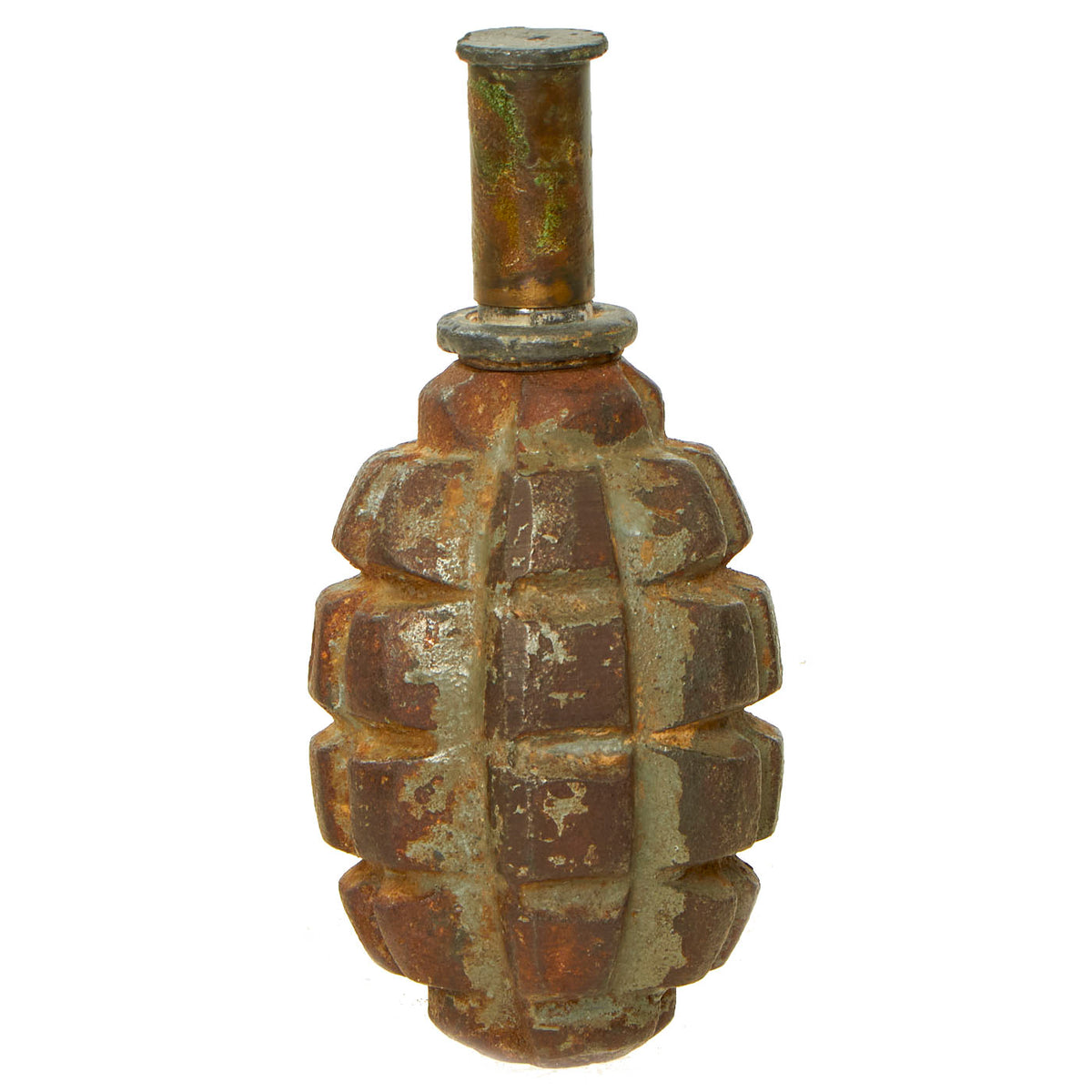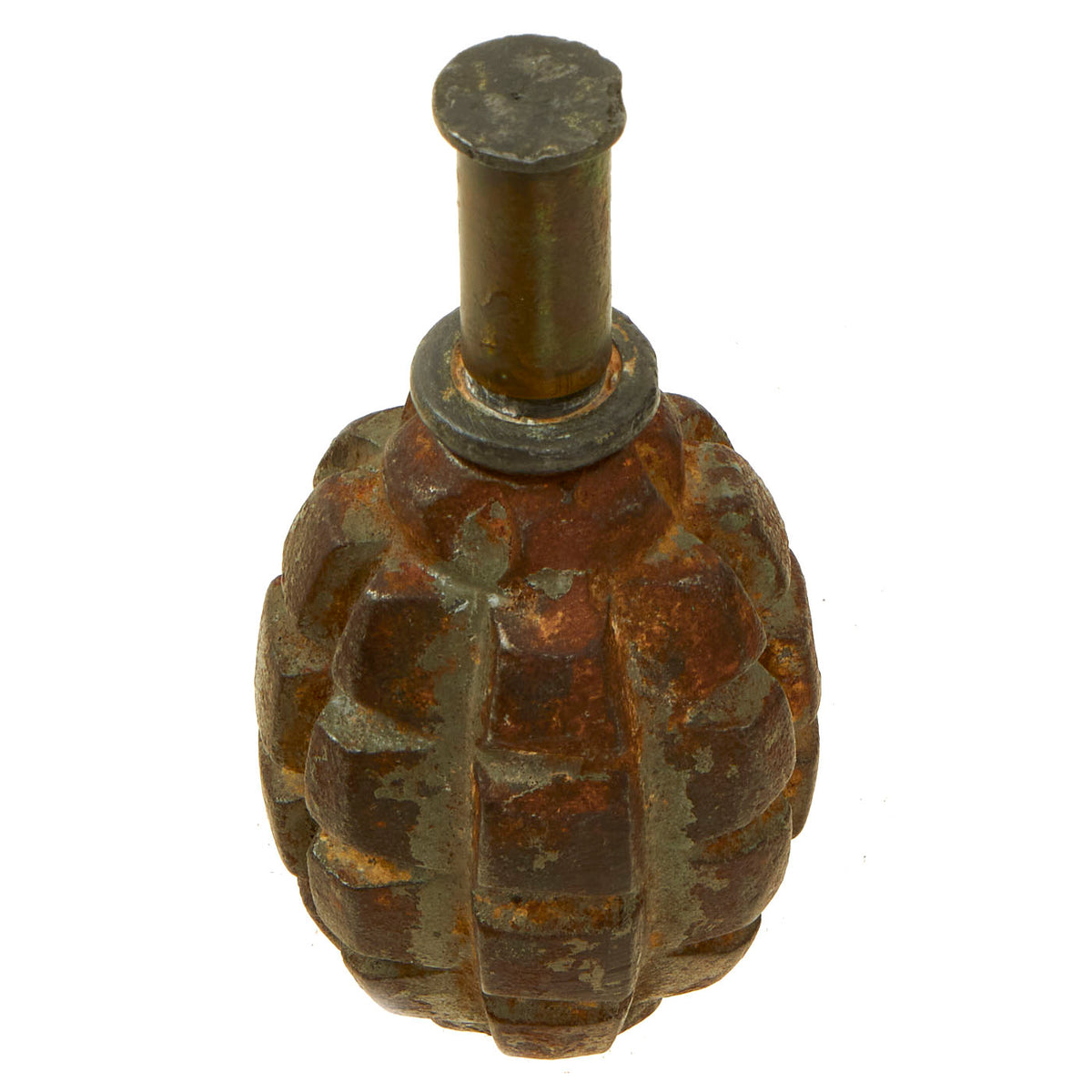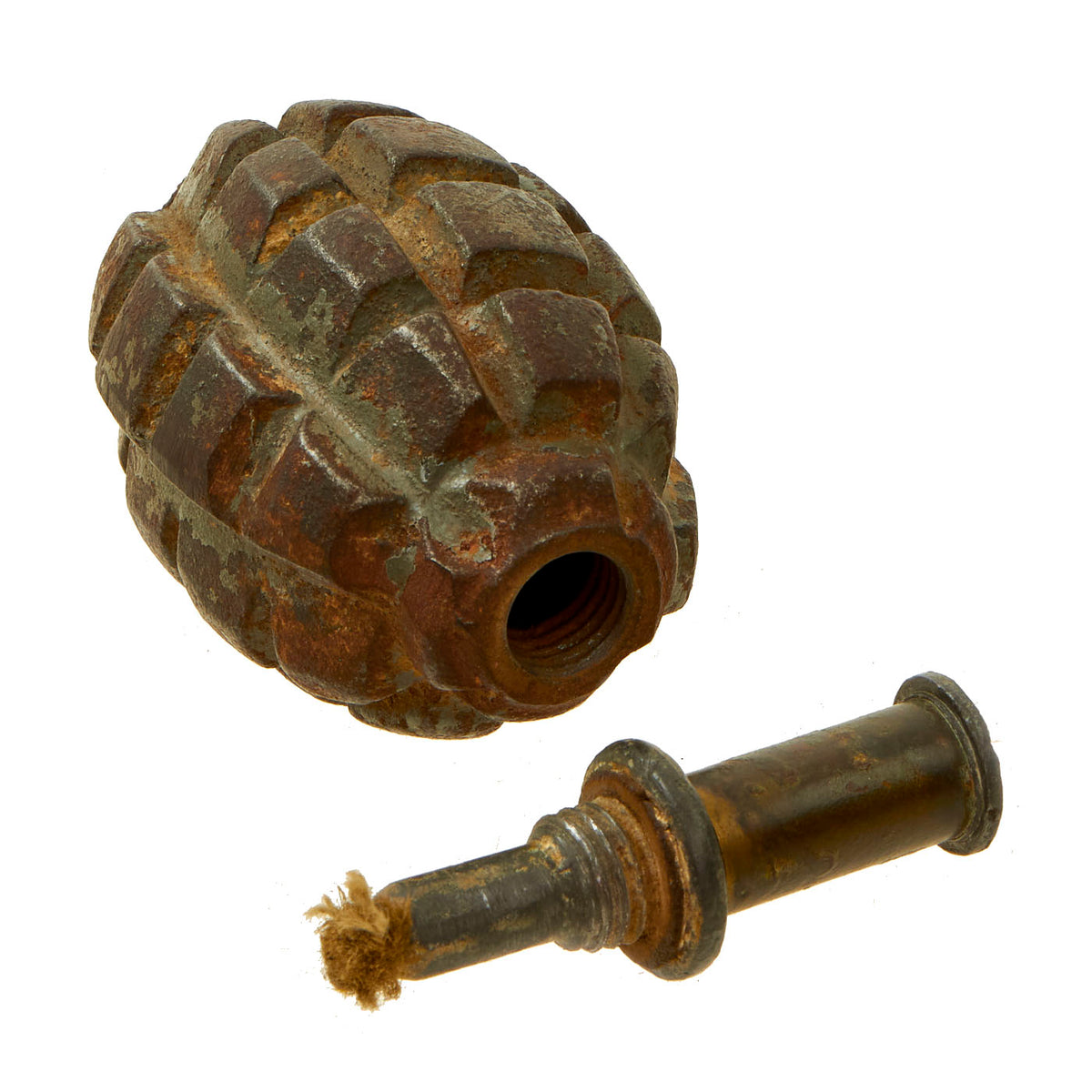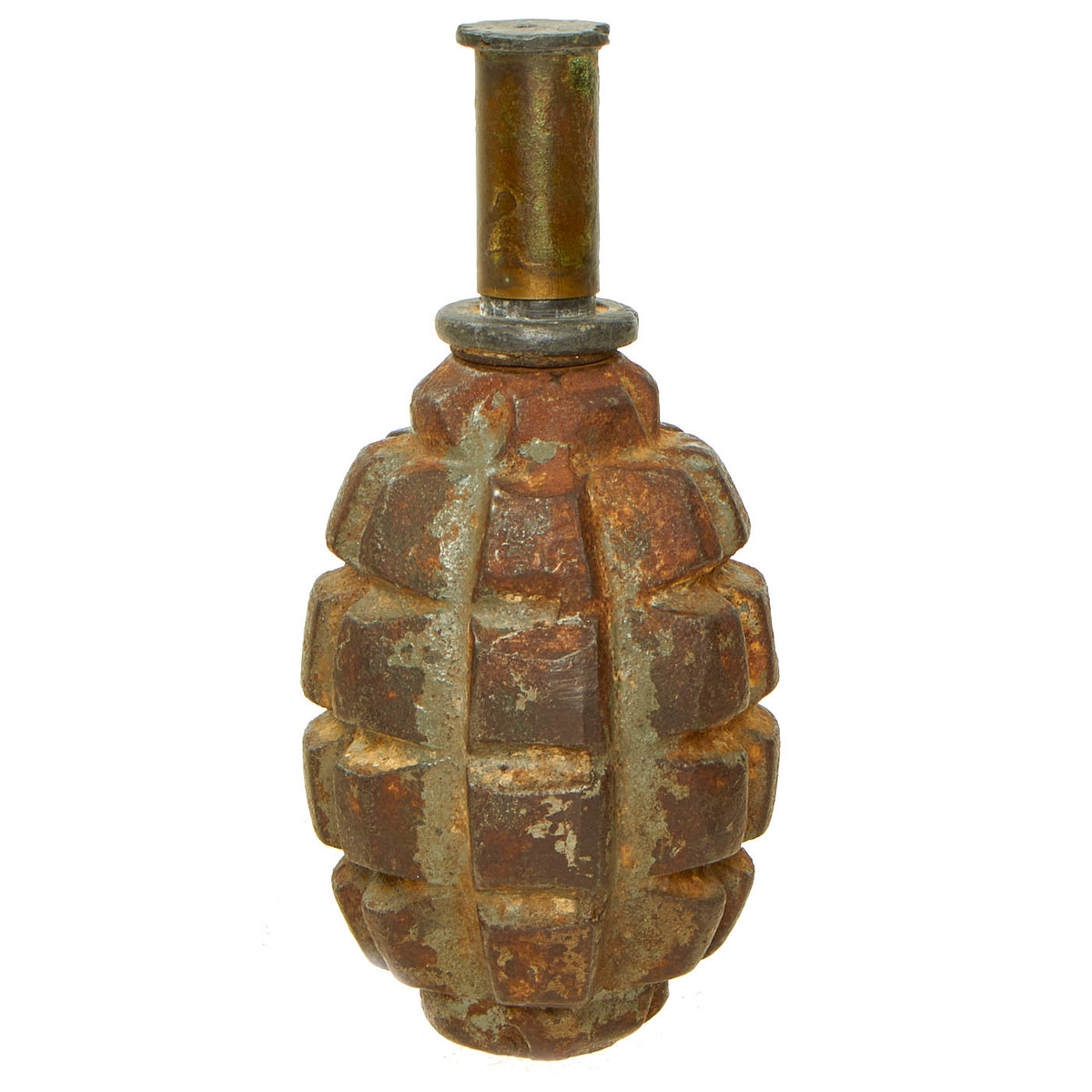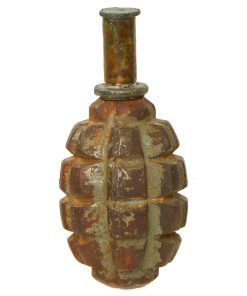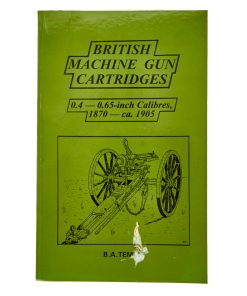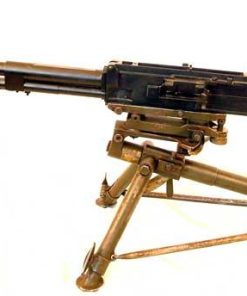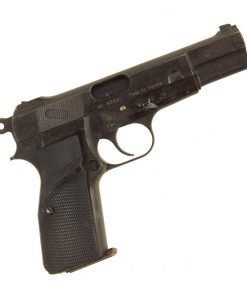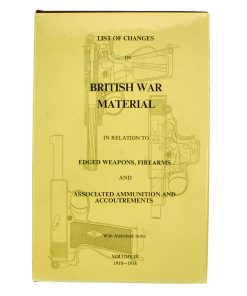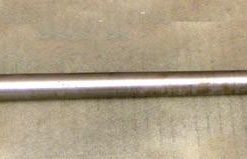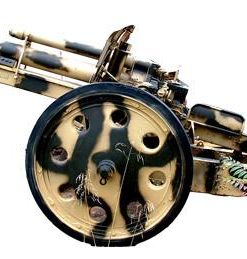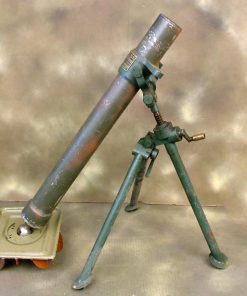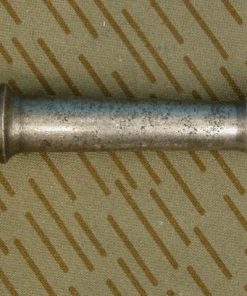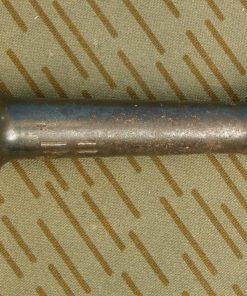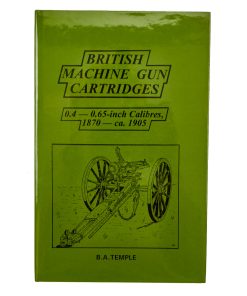Original French WWI F1 Hand Grenade with Original Fuse Cap – Inert Original Items
$ 495,00 $ 148,50
Original Item: Only One Available. This is a totally inert BATF compliant genuine World War One French F1 Grenade with an original fuse cap. The grenade was rendered completely inert and is unable to be used as a destructive device.
Not Available For Export.
The body is threaded and has installed a large lag screw to imitate the original position of the fuze assembly. The screw keeps the Original fuse base and fuse cap securely in place where they should be in the grenade.
Condition is excellent, though there is a bit of oxidation on the grenade body. This example looks to possibly have been unused and was kept after the war or found shortly after. It still retains much of its original paint, but has some chips in it due to age and wear. This is an incredible example in a very hard to find condition! Comes ready to display!
The F-1 grenade is a hand grenade mass-produced by France during and after WW1, used en masse in the majority of European countries throughout the First World War and Second World War.
The F-1 grenade was first put into mass production by the French State in 1915 during the First World War. In May 1915 the first of the F1 grenades (fusante No. 1) appeared in the French military, in limited quantities. This new weapon inherited from the experience of the first months of the war: the shape was made to be more modern, with an external grooves pattern for better grip and easier fragmentation. The second expectation proved deceptive, since the explosion in practice gave no more than 10 fragments (although the pattern was designed to split into all the 38 drawn divisions). The design was proved to be very functional, especially due to its stability compared to other grenades of the same period.
Later, the Fusante No. 1 was used en masse by many foreign armies in the period 1915–1940. The F-1 grenade has been used as a basis for the development of many other grenades by different nations, including the US and the Soviet Union.
The F-1 was very widespread during the first half of the 20th century, used by armies of France, United States, Imperial Russia, the Soviet Union, Finland, and others. Overall more than sixty million of these grenades were produced over 25 years, from 1915 to 1940.
Development
Originally, the F1 was designed to use a lighter-based ignition system, but later it began using a percussion cap fuse. Designs such as the M1916 and M1917 Billant fuses turned the F1 into a time-fused grenade, which was the grenade’s final ignition system. By World War II, the F1 used the M1935 fuse, which is a time-based fuse, but it differs from the M1916 Billant fuse internally. The F-1 in its original design was withdrawn from French military service in 1946. The altered models of the grenade remain in military service in countries around the world, among others in the Russian F1 Grenade and American Mk 2 grenade.
Fast Shipping with Professional Packaging
Thanks to our longstanding association with UPS FedEx DHL, and other major international carriers, we are able to provide a range of shipping options. Our warehouse staff is expertly trained and will wrap your products according to our exact and precise specifications. Prior to shipping, your goods will be thoroughly examined and securely secured. We ship to thousands clients each day across multiple countries. This shows how we're dedicated to be the largest retailer on the internet. Warehouses and distribution centres can be located throughout Europe as well as the USA.
Note: Orders with more than one item will be assigned a processing date depending on the item.
Before shipping before shipping, we'll conduct a thorough inspection of the items you have ordered. Today, the majority of orders will be delivered within 48 hours. The delivery time will be between 3-7 days.
Returns
The stock is dynamic and we cannot completely manage it because multiple stakeholders are involved, including our factory and warehouse. So the actual stock may alter at any time. It's possible that you may not receive your order once the order has been made.
Our policy is valid for a period of 30 days. If you don't receive the product within 30 days, we are not able to issue a refund or an exchange.
You can only return an item if it is unused and in the same state as the day you received it. You must have the item in its original packaging.
Related products
Uncategorized
Australian WWII Owen MK1 Machine Carbine SMG Custom Fabricated Replica with Sling Original Items
Uncategorized
Uncategorized
Uncategorized
Uncategorized
Uncategorized
Band of Brothers ORIGINAL GERMAN WWII Le. F.H. 18 10.5cm ARTILLERY PIECE Original Items
Uncategorized
Uncategorized
Uncategorized
Angolan Rebel 1970s era 60mm Inert Display Mortar from Angolan Civil War Original Items
Uncategorized
Uncategorized
Uncategorized
Australian WWII Owen MK1 Machine Carbine SMG Custom Fabricated Replica with Sling Original Items
Uncategorized
